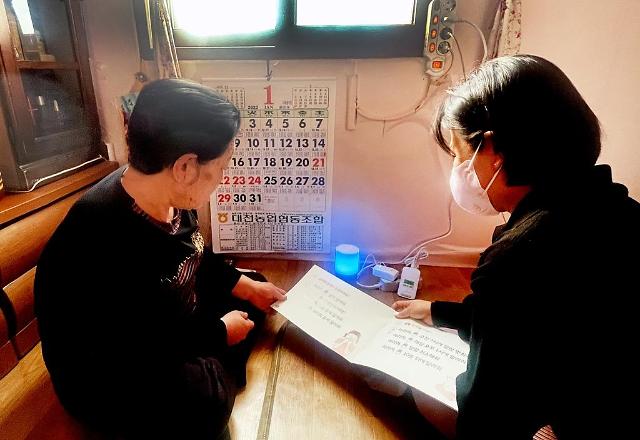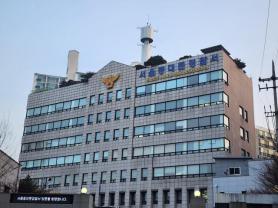
[Courtesy of Boryeong City]
Dementia is a progressive disorder that causes brain cells to degenerate and die. Patients often suffer from memory decline. Government data showed that the number of dementia patients in South Korea is projected to reach about 3.3 million by 2060. In 2022, Boryeong had 27,296 people aged 65 or older, accounting for 27.9 percent of the total population.
Boryeong said in a statement on February 6 that the AI speakers will be provided for 20 households to help patients with mild dementia. Depending on the patient, the solution can provide various services including giving quizzes to prevent severe symptoms. The service also notifies the elderly when to take medicines.
Because the care robots are connected to the national emergency services, patients can receive emergency services anytime. The city will work with related organizations to provide dementia management.
According to Statistics Korea, a state-run statistical information service, South Korea would become the world's most-aged society by 2067. The proportion of senior citizens aged 65 and older who live alone is gradually increasing from 16 percent in 2000 to 19.6 percent in 2020.
Many AI care services have been distributed to vulnerable elderly residents suffering from dementia or depression. In April 2022, KT, one of the major telecom companies in South Korea, tied up with the southwestern city of Naju to provide AI-based care speakers capable of communicating with residents to take care of 70 old people. As of March 2020, Seoul has deployed some 75,000 internet of things (IoT) sensors at the homes of single-household elderly people to detect temperature, humidity and movements in real-time.
Copyright ⓒ Aju Press All rights reserved.




